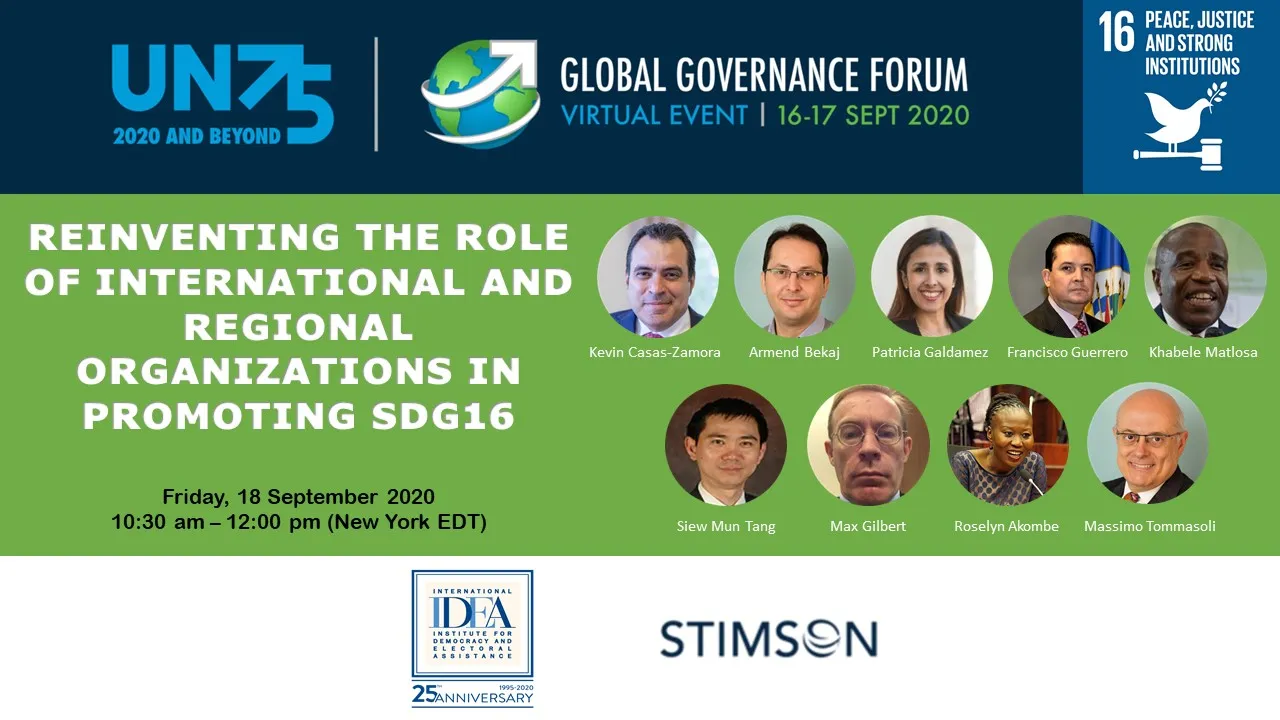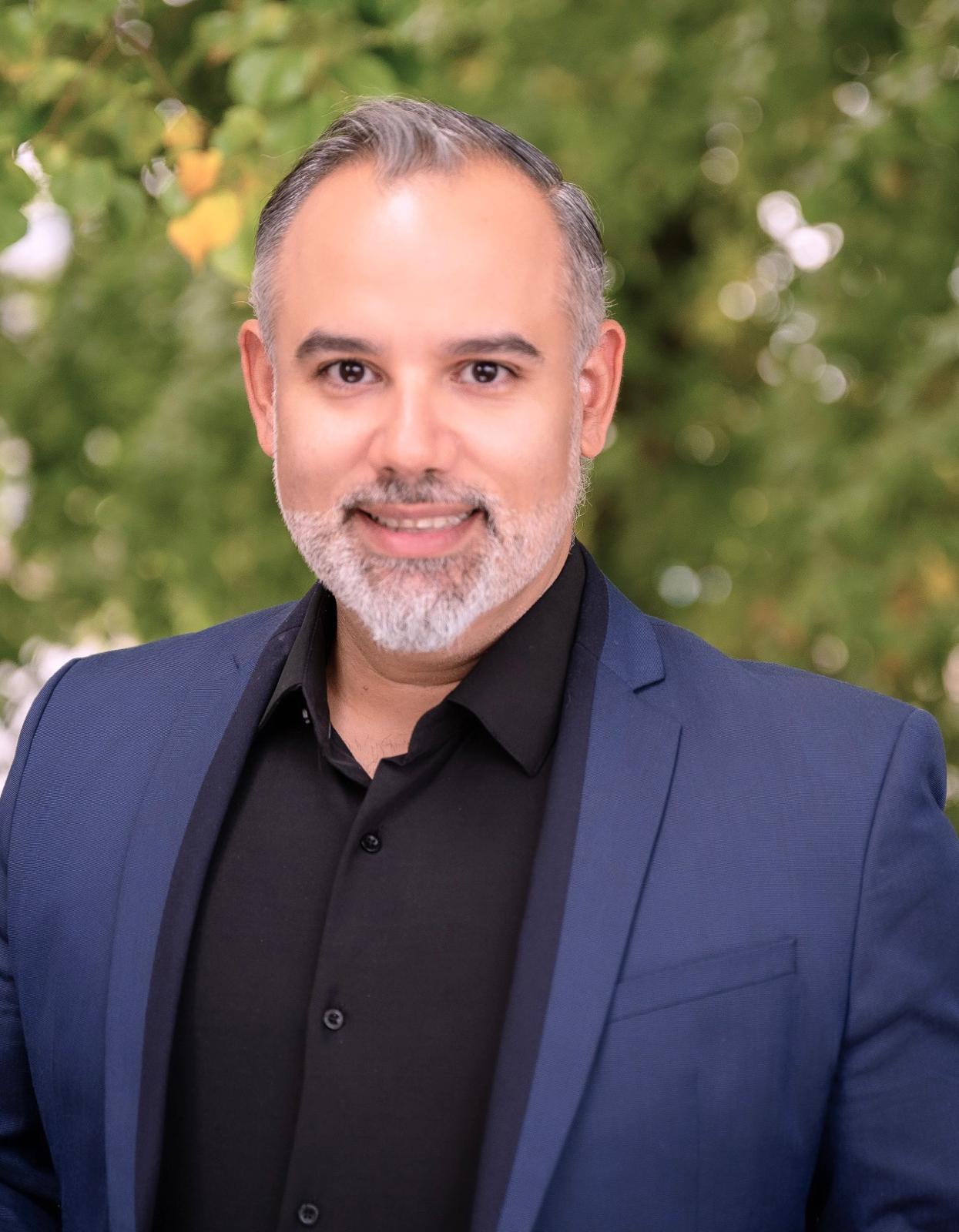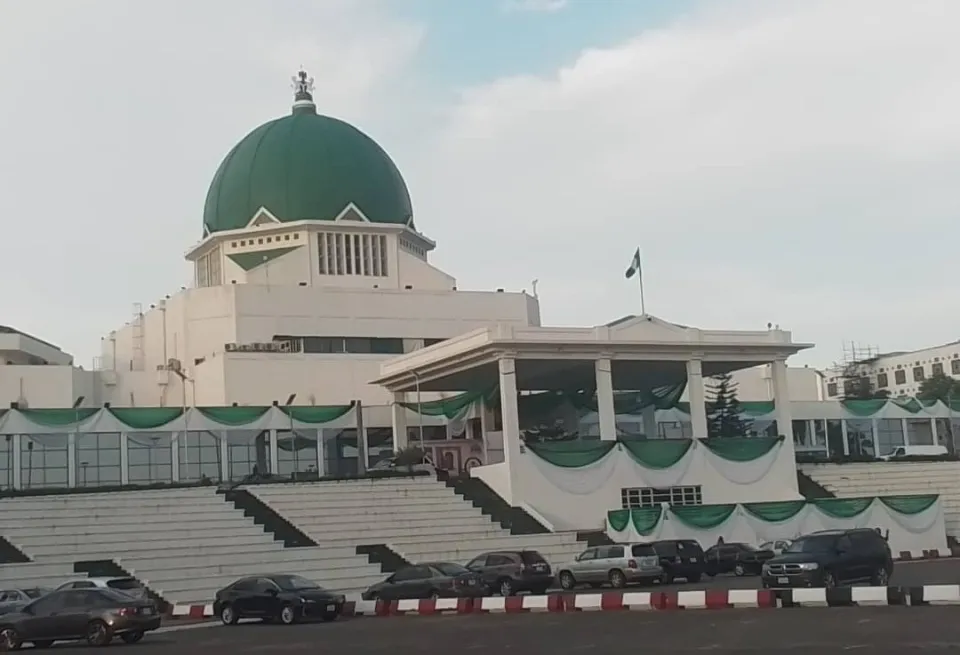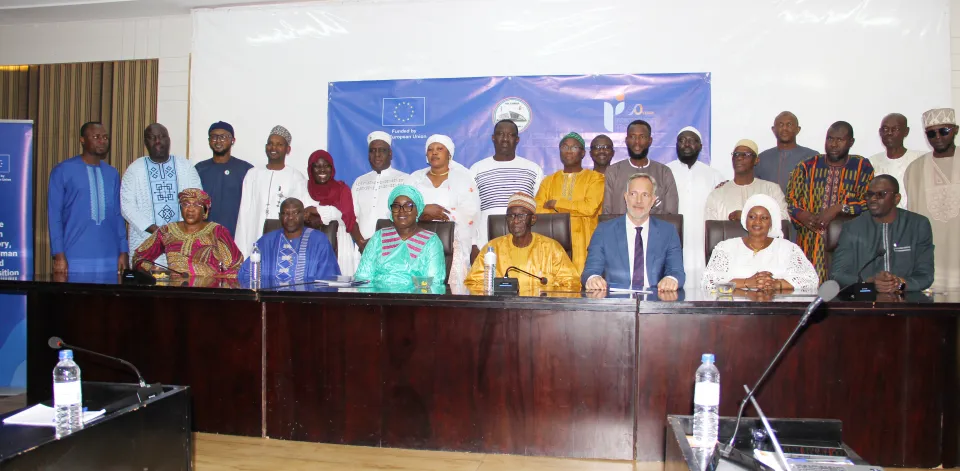Global and Regional Dialogue on Democracy, SDG 16 and COVID-19: Identifying Challenges, Opportunities and the Way Forward

On 18 September 2020, International IDEA held the Webinar “Reinventing the Role of International and Regional Organizations in Promoting Peaceful, Just and Inclusive Institutions in Times of Crisis: What was done and what is next?”, as part of the UN75 Global Governance Forum organized by the Stimson Center, in Washington, D.C.
The online conversation was held in celebration of this year’s International Democracy Day, the 75th Anniversary of the United Nations and the 25th Anniversary of International IDEA. Follow the full conversation on our Youtube channel.
This online conversation aimed at facilitating an open conversation on the key challenges and opportunities that the COVID-19 pandemic has presented at the regional level, and take stock of what was done until now; learn from those experiences, and try to make an estimation of what is next to ensure democratic sustainability and development from an inter-regional perspective. The Webinar was attended by more than 160 participants and counted with the participation of high-level representatives from Global and Regional Organizations working in the field of democracy support and development.
The Secretary-General of International IDEA, Kevin Casas-Zamora, delivered welcoming remarks where he highlighted that the pandemic has gradually but steadily affected by this health crisis, with still to be determined economic, social and political effects, that will have severe implications on the quality of democracies worldwide, as well as on the achievement of the Agenda 2030 for Sustainable Development, and specifically on the broader SDGs framework.
The conversation, moderated by Massimo Tommasoli, Permanent Observer of International IDEA to the United Nations, included presentations from Roselyn Akombe, Chief of Policy, Regional Orgs and Guidance of Department of Political and Peacebuilding Affairs at the United Nations; Armend Bekaj, Senior Programme Officer at the Democracy Assessment and Political Analysis (DAPA) at International IDEA; Patricia Galdamez, Senior Advisor to the Secretary-General of the Community of Democracies; Francisco Guerrero, Secretary for the Strengthening of Democracy at the Organization of American States (OAS); Khabele Matlosa, Director for Political Affairs at the African Union Commission (AUC); Tang Siew Mun, Director of the Political & Security Directorate at the ASEAN Secretariat; and Max Gilbert, Focal Point for the SDGs and Senior Advisor for External Relations at the Council of Europe (CoE).
Some of the key messages distilled from the conversation include:
- All regions are reacting differently to the pandemic, but in a globalized world, where our economies, policies and societies are so interdependent, the effect of the pandemic will take a heavy toll in all regions of the world. An evident example of this is the economic recession that the world is facing and that will represent a contraction of between -5% and -9% by the end of 2020.
- From Latin America to Asia-Pacific, the effects of #COVID19 will not only be seeing in people's livelihoods but also on the quality of their democracies. Democracy assistance post-COVID should make the case for democracy and establish better linkages to economic and social development and rebuilding better and more inclusive societies post-COVID should include focusing on delivery of democracy.
- Reinventing the role of Regional and Global Organizations to advance SDG 16 on Peaceful, Just and Inclusive Societies needs to focus on promoting active participation globally, including participation of traditionally under-represented groups; create innovative tools and mechanisms that support all national, regional and global efforts; change the analytical lenses to incorporate development; and promote active partnerships with all stakeholders.
- Relevant efforts should focus to strengthen the work that the global and regional organizations are advancing to move forward SDG16, which should be done through articulated multilateral action focusing on institutional strengthening in support of governments, ensuring the quality of all steps related to electoral processes and actively deploy technical assistance.
- Recalibrating the role of regional organizations and enhanced coordination with global organizations is instrumental to achieve the broader 2030 Agenda for Sustainable Development. In the case of SDG 16, the pandemic has created issues to be tackled through coordinated action. These issues include:
- Emergency measures have constrained enjoyment of human rights, access to justice and the rule of law, which has resulted in Human rights abuses by the security forces and curtailment of media freedoms;
- Lockdowns have constrained delivery of public services, including water, electricity, education, health care, etc.; resulting in weakening of the social contract between governments and citizens and popular protests.
- Over-centralization of power in the Executive, weakening of Legislature & Judiciary, which translate in corruption skyrocketing. This results in the declining public trust in governance institutions.
- Electoral Calendar disruption, which created low voter turn-out and conflict in some cases; and, political polarization, conflict and constitutional crisis.
- COVID-19 hits hardest on forcibly displaced persons, (refugees, IDPs, migrants), which are groups largely excluded in COVID-19 policy responses; and these creates increased stigmatization, discrimination and xenophobia.




